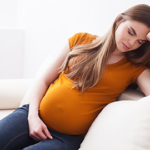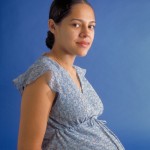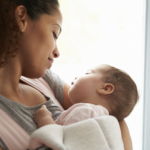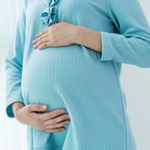Last year France banned the use of the antiepileptic during valproate in certain populations of reproductive age women. Now the United Kingdom’s Medicines and Healthcare products Regulatory Agency (MHRA) has banned the use of valproate in women of childbearing age unless they are enrolled in a pregnancy prevention program (PPP). From the initial report, it is not so clear exactly what the pregnancy prevention program will entail. The press release state, “Healthcare professionals who seek to prescribe valproate to their female patients must make sure they are enrolled in the PPP. This includes the completion of a signed risk acknowledgement form when their treatment is reviewed by a specialist, at least annually.”
The new PPP includes assessment of patients regarding the likelihood of becoming pregnant; requirements around pregnancy testing and the need for effective contraception before, during, and after treatment; and a requirement that patients and prescribers complete an “acknowledgement form” to confirm that appropriate advice has been given. Educational materials for physicians and a reminder card for patients will also be provided.
The PPP (as described here) sounds similar to what has been recommended for the use of retinoids in reproductive age women. While this seems like a rational approach, recent studies have shown that adherence to this sort of pregnancy prevention program is low.
Given the high prevalence of major malformations among children exposed to valproate in utero (up to 25% in women taking high doses), educating patients and healthcare providers about the risks of exposure to this medication during pregnancy is essential. With so many alternative medications available for the treatment of epilepsy and bipolar disorder, one might go so far to suggest that valproate should be avoided altogether in women of childbearing potential. Even the best contraceptive methods are not 100% effective, and, because 50% of all pregnancies are unplanned, we can conclude that adherence to contraception is not always 100%. Even with the most stringent pregnancy prevention program, we would have unplanned pregnancies. Not using valproate in childbearing women is undoubtedly the best way to avoid the risks associated with prenatal exposure to this medication.
Ruta Nonacs, MD PhD
Valproate banned without the pregnancy prevention programme (News from GOV.UK)








Leave A Comment